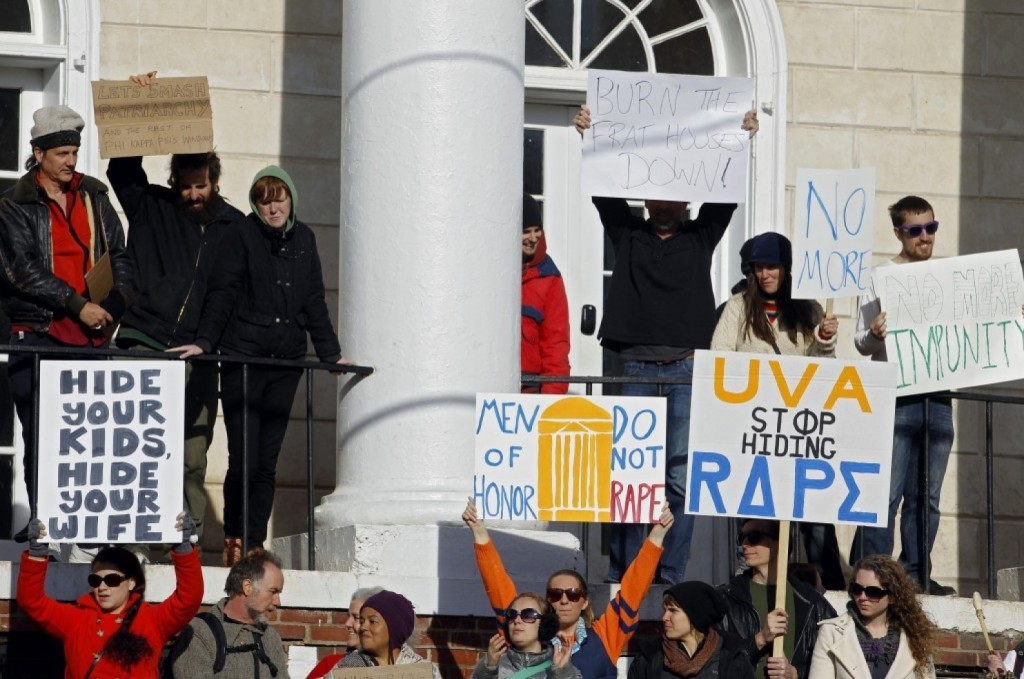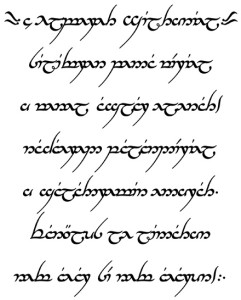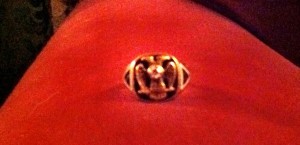It starts simply. We had a big dog & cat pack. Three dogs, four cats. They all got along, visited with one another every day. Then three of them died suddenly. The one who took it the hardest was Raebert. He fell into a depression. Moaning and groaning as theatrically as John Barrymore in a bad thirties movie.
Why my wife relented on her commitment to let the pack dwindle from here on in. It’s too much work, not to mention the vet bills. But Raebert was threatening to crush me to death with his need to lay his full weight on me all the time. Moan. Groan. Mostly he missed Molly, our insouciant old greyhound doll. Not like they hung out all the time. But when she was gone he couldn’t stand it. The sighthound thing. They all do have a thing.
Last time we had a big loss it was my wife who suggested the unthinkable, replacing a deerhound with a deerhound.
This time it was my turn to suggest the unthinkable, replacing a greyhound with a Scottie.
Not as crazy as you might think. Deerhounds are sighthounds. They are also archetypal Scottish dogs. She’d had a couple in her youth. I’d had a Westy, a cairn, and two wire-haireds. Scottish dogs have as much in common as sighthounds do. Just different things. Sighthounds like couches and stuffed animals they can steal and cuddle. Scottish dogs like being in charge, defying human authority, and sleeping late. Never knew one who mostly didn’t have to be waked up to begin the day.
So I proposed the Scottie idea. To my surprise she was open to it. We looked into the puppy world. Nobody available. With her long history of greyhound rescues, she investigated Scottie rescues. She found one.
Ten years old. An orphan who drifted from one owner to another, none of whom returned her, but all of whom were enfeebled or incapacitated in one way or another. She was a dog without a country. Or a real home. We were happy to take her.
Which is when the ordeal begins. Greyhound rescue is like the Underground Railroad. Dogs suddenly reprieved from slavery and needing homes quick. Yes, they talk to you on the phone, and they care that you care, but the delivery occurs in mall parking lots like drug deals. Here he/she is, good luck, and please let us know if you can’t cope.
Scottie rescue. Ah. A whole different story. Muffie is a dog who was considered nearly unplaceable because of her age and history. And yet we had to prove ourselves.
I struggle for a comparison. Scottie rescue isn’t the Underground Railroad. It’s the rescue of aristocrats from the French Revolution. The administrators are the Scarlet Pimpernel. My wife had to do an hour long FaceTime performance revealing our house and its amenities to the Rescue Directorate. Then, when we rode up today for the transfer, it wasn’t like a drug deal. It was like a combination genealogical interrogation and mortgage closing.
While I waited with a snoozing Scottie, my wife disappeared into a NJ Turnpike rest stop with the Scottie Lady for close to an hour. She had to provide my birth certificate, my aunt’s Colonial Dame certification, my maternal grandmother’s DAR credentials, my grandfather’s ranking in Scottish freemasonry (fortunately my wife brought his sword), and documentation of my family’s history of fighting for Bonnie Prince Charlie in the Scots’ final bid for the throne. She was then required to endure a line by line recitation of the dog’s entire veterinary history, more than $2,000 worth, all of which resulted in no diagnosis of permanent physical ills but a prescription for twice daily tranquilizers. Because she spaced out twice at one dubious vet’s office in Ohio.
Well, at least Muffie arrived in a Maybach limousine.
Too bad she had to come home in a Jeep.
Despite her aristocratic ancestry, she reminds me most of Mickey, our feral cat. Someone who hasn’t had enough human contact. She wanders and avoids human contact. But she’s a gorgeous little girl. I used the same approach I used with Mickey. Picked her up — had to teach my wife the chest pickup that works with terriers — and held her close. She accepted and let me hold her for several minutes.
Right now, I think we’re going to be fine. Raebert seems happy. He heard her coming up the stairs and he smiled for the first time since Molly died. He’s interested again.
Wish us luck. I believe she’s home now.

















Recent Comments